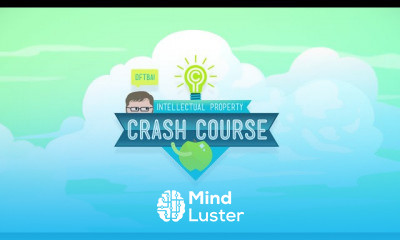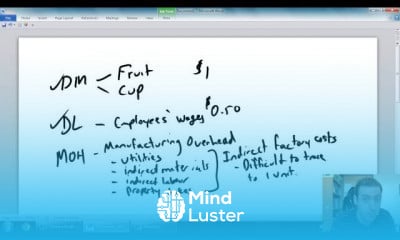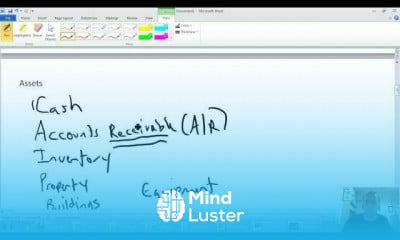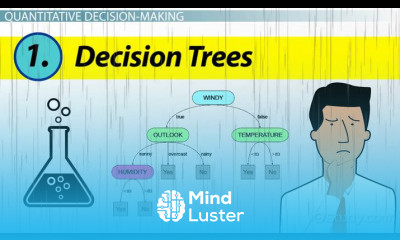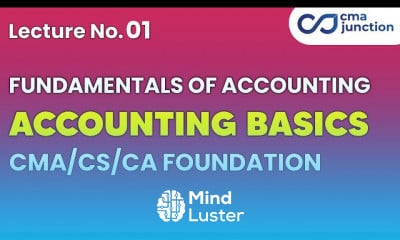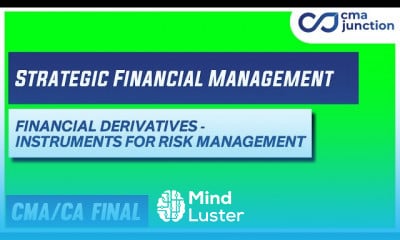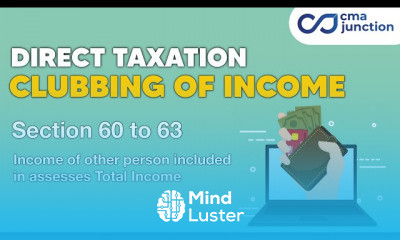Data Privacy and Ethics
Share your inquiries now with community members
Click Here
Sign up Now
Lessons List | 14
Lesson
Comments
Related Courses in Business
Course Description
What is MIS? | Management Information Systems
Management Information Systems (MIS) is the study of people, technology, organizations, and the relationships among them. MIS professionals help firms realize maximum benefit from investment in personnel, equipment, and business processes. MIS is a people-oriented field with an emphasis on service through technology. If you have an interest in technology and have the desire to use technology to improve people’s lives, a degree in MIS may be for you.
MIS Professionals Make Business Better
Businesses use information systems at all levels of operation to collect, process, and store data. Management aggregates and disseminates this data in the form of information needed to carry out the daily operations of business. Everyone who works in business, from someone who pays the bills to the person who makes employment decisions, uses information systems. A car dealership could use a computer database to keep track of which products sell best. A retail store might use a computer-based information system to sell products over the Internet. In fact, many (if not most) businesses concentrate on the alignment of MIS with business goals to achieve competitive advantage over other businesses.
MIS professionals create information systems for data management (i.e., storing, searching, and analyzing data). In addition, they manage various information systems to meet the needs of managers, staff and customers. By working collaboratively with various members of their work group, as well as with their customers and clients, MIS professionals are able to play a key role in areas such as information security, integration, and exchange. As an MIS major, you will learn to design, implement, and use business information systems in innovative ways to increase the effectiveness and efficiency of your company.
More Than Coding
A common misconception is that MIS only concerns coding (or writing computer code). While coding concepts represent some of the fundamental principles of information systems development, implementation, and use, many jobs in MIS do not utilize coding at all. A large portion of the MIS degree focuses on data analysis, teamwork, leadership, project management, customer service, and underlying business theories. These aspects of the degree are what set the MIS professional apart from a computer science specialist.
Do you enjoy working with people?
Would you enjoy the chance to work on global problems with people from all over the world?
Do you enjoy analyzing and solving problems?
Do you want to create innovative, cutting-edge technology solutions?
Do you want to learn how to make businesses more efficient, effective and competitive?
Then you should consider as your major the field that is experiencing a critical shortage of professionally trained individuals. A field where demand is skyrocketing with projected growth rates of 38 percent – the fastest of any business discipline (U.S. Bureau of Labor Statistics).
What kinds of people pursue MIS degrees?
The profiles of MIS professionals are varied, but in general, such individuals possess many of the following traits:
good problem solving skills
ability to effectively manage time and resources
a clear vision of “the big picture” as well as the “small details”
a desire to work closely with other people
excellent communication skills
ability to think strategically about technology
a desire to take responsibility for developing and implementing their own ideas
What are typical career options for MIS professionals?
IT Consultant
Web Developer
Information Systems Manager
Business Intelligence Analyst
Network Administrator
Business Application Developer
Systems Analyst
Technical Support Specialist
Business Analyst
Systems Developer
Why should I choose to major in MIS?
Job satisfaction
High placement rate
High salaries
Exciting field
Challenging field
Hands-on problem solving
Innovation and creativity
Global opportunities
Great chance for advancement
You can have an impact!
Trends
Graphic design tools for beginners
Financial Accounting
Figma for UX UI design
Logo Design
Accounting Finance course
Advanced Logo design methods
Web design basics
Graphic Design | Photoshop
Customizing type for logos
UX design career in 2025
Accounting
Best zoology books
Graphic Design Basics
Essential skills for web designers
Freelance graphic design business
Web Design 101 Free Full Course
SQL for accountants and finance managers
Web Design Using HTML CSS
Mastering logo design in illustrator
Figma Signing Up and Signing In
Recent
Bioinformatics basics
Bioinformatics databases
Vitamin A to Z tablets
Best zoology books
Best cream for piles pain
Laser surgery for piles
Best cream for piles
Anal fissure treatment
Best antibiotics for diseases
Antibodies structure
Macrophage structure
Drosophila genetics
Diagnostic tests
Bioinformatics
Genetics
Gene therapy
Kidney structure
DNA replication and types
Bacterial cell structure
Parasite structure






